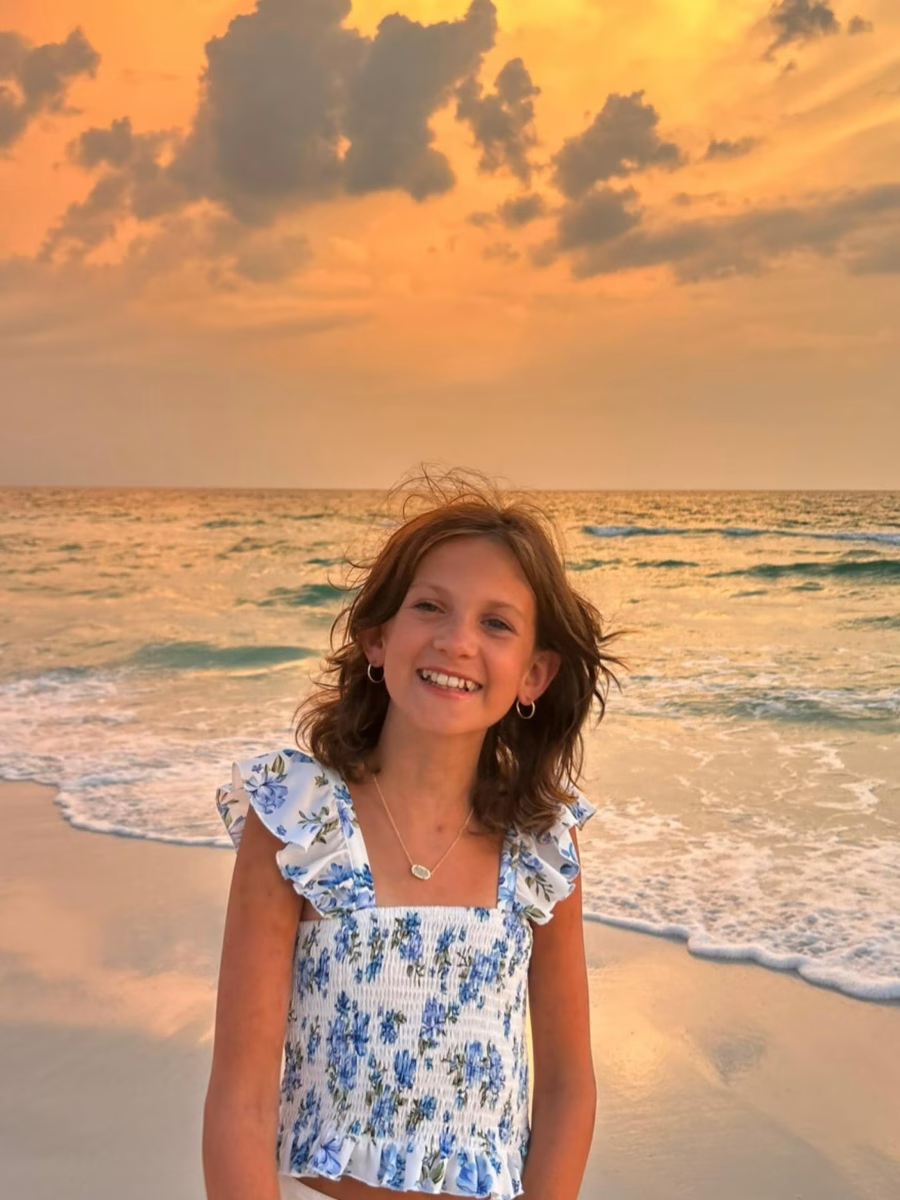In her famous TED Talk, “The Danger of a Single Story,” Chimamanda Adichie reflects on both her negative and positive childhood experiences. She says that while her negative experiences formed parts of her identity, “to insist on only my negative stories is to flatten my experience and to overlook the many other stories that formed me.” She applies these insights to the depiction of marginalized groups in literature and asserts that the concept of a single narrative “stems primarily from Western literature.” She states that when we do not expose ourselves to stories from diverse perspectives, there is “no possibility of connection as human equals.” Adichie emphasizes how a single narrative impacts our perception of ourselves and others.
Our society must acknowledge the reality of racism, sexism, and other forms of bigotry. Far too often, this reality is diminished and considered a thing of the past, which could not be further from the truth. However, there should be a balance between stories that focus on the oppression that marginalized people face and stories that highlight positive, uplifting experiences with minority characters at the forefront.
In 2018, Caroline Framke, an acclaimed TV critic and chief writer at Variety, conducted a film study which found that roughly 35% of the lesbian/bisexual characters that were featured in mainstream television from the late 1970s to 2018 were killed on their respective TV shows. This type of representation is an inaccurate and harmful reflection of the LGBTQ+ population. Stories which center minorities should not be strictly limited to tragedy. Marginalized groups should both feel accurately represented and find joy from the media they consume. Literature and film should portray a diverse array of experiences lived by minorities and evoke a variety of emotions from the audience. Yasmin Tawil, a writer for the Arab Film Institute who studied film and television at Boston University, says it best: “When a group of people is only ever represented in negative circumstances, it adversely affects the way others see them, as well as the way they see themselves.”
In addition, it is essential that this diversity in storytelling be implemented into school curriculums. Author and poet Roxanne V. Young asked her nephews, who are all teenagers in high school, if they had read any literature written by Black authors in school. According to Young, “all three responded with a resounding ‘no,’ which I found particularly disturbing because they attend three different public schools in Baltimore City, where roughly 63% of the population is Black.” High school student Vanessa Amoah said that when her school did teach Black literature and history, they treated it as “a different thing” than European or white American history. According to The Washington Post, students around the country recognize this issue and are advocating for a change in curriculum via the hashtag “#DiversifyOurNarrative.” Through this hashtag, an initiative in California provides resources for students to work towards curriculum changes on the local level.
Visit this month’s Question of the Month to hear from other Agnes Irwin students’ perspectives on this topic and find some diverse book, movie, and TV recommendations from students.
Works Cited
https://www.ted.com/talks/chimamanda_ngozi_adichie_the_danger_of_a_single_story
https://www.baltimoresun.com/opinion/op-ed/bs-ed-op-0701-color-words-20180628-story.html
https://www.indiewire.com/2016









